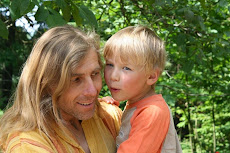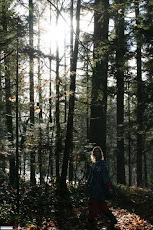My international world has always been divided into two streams: aid and development. Aid looks like emergency shelters and bags of rice and bottled water, the stuff of helping people immediately after a disaster. Development is what follows, the longer-term hand-back-up to livelihood and stability. I first fell in love with Oxfam because of their ability to do both – to be there before the disaster, mobilize those networks immediately after, then stick around for the long haul.
Now suddenly I’m facing a delightful third way, that of multi-sector co-operatives. Here in Sri Lanka I’m working with SANASA, the biggest co-operative organization in the country. They are engaged in micro-credit and savings, insurance, housing, training… they even have a travel agency for short get-aways, and a funeral co-op for that final destination. If they have a birthing co-op, which wouldn’t surprise me, they’re literally a cradle-to-grave organization.
The goal of international development, I’d always understood, is to work yourself out of a job. To extend that hand-up of solidarity only until the partner is back on their feet again and able to do it for themselves. Every good development project should have a built-in exit strategy that represents success.
With SANASA, I’m with a member-owned, member-operated co-op that has no intention of going away. Their goal is to provide a lifetime of services for/with their members. I’m now faced with the challenge of building in strategies to increase involvement, not end it.
For example, the program I’m with is helping post-tsunami victims start up new businesses. In traditional development, our goal would be to provide training, credit and support until the family has a stable and sufficient income to carry on by themselves. With the co-op, the goal is to continue to support the new entrepreneur to grow their business, start employing other members, and have a bigger impact on the local and national economy. That member will also hopefully be a repeat user of the co-op’s loan program, take out co-op insurance, grow their savings in the co-op’s credit union, build a house with the co-op’s construction company, and eventually be embalmed on the co-op’s cold hard slab table with a drainage hole leading down to a trench in the cement floor leading to a hole going somewhere I don’t want to know (but that’s a different story). All of this increased business strengthens not only the individual, but also the co-op. Everyone wins.
SANASA may have received some valuable Canadian funding and technical assistance (including me, hopefully valuable), but it is 100% owned and operated by its members –the very people benefitting from all the projects and work. That, my friends, is sustainable development.
Write to Renew
-
One of our previous graduates, the talented Jay Nahani, is leading us in a
Write to Renew workshop June 14th. For writers and non-writers alike, this
one-d...






No comments:
Post a Comment